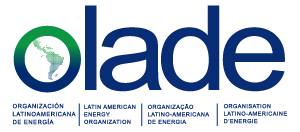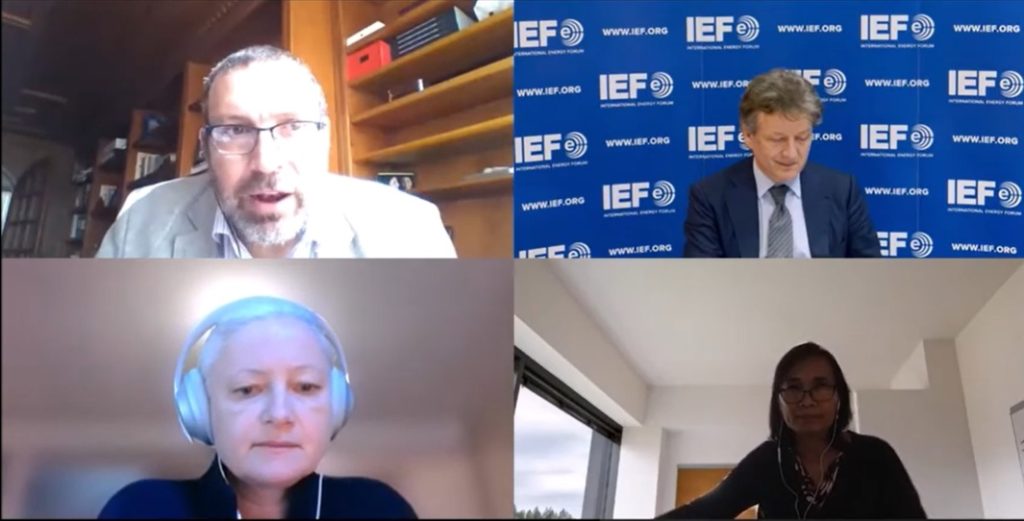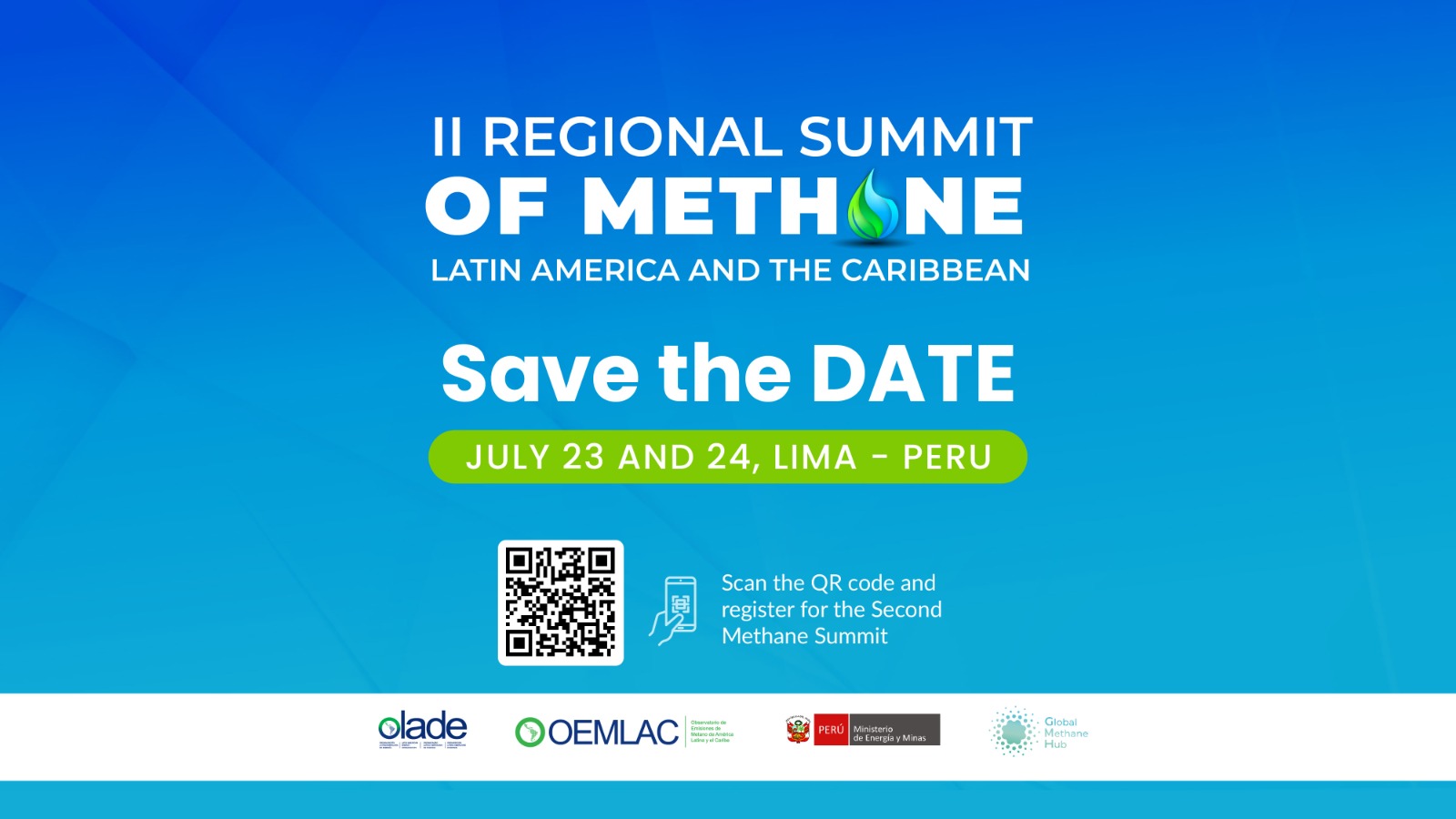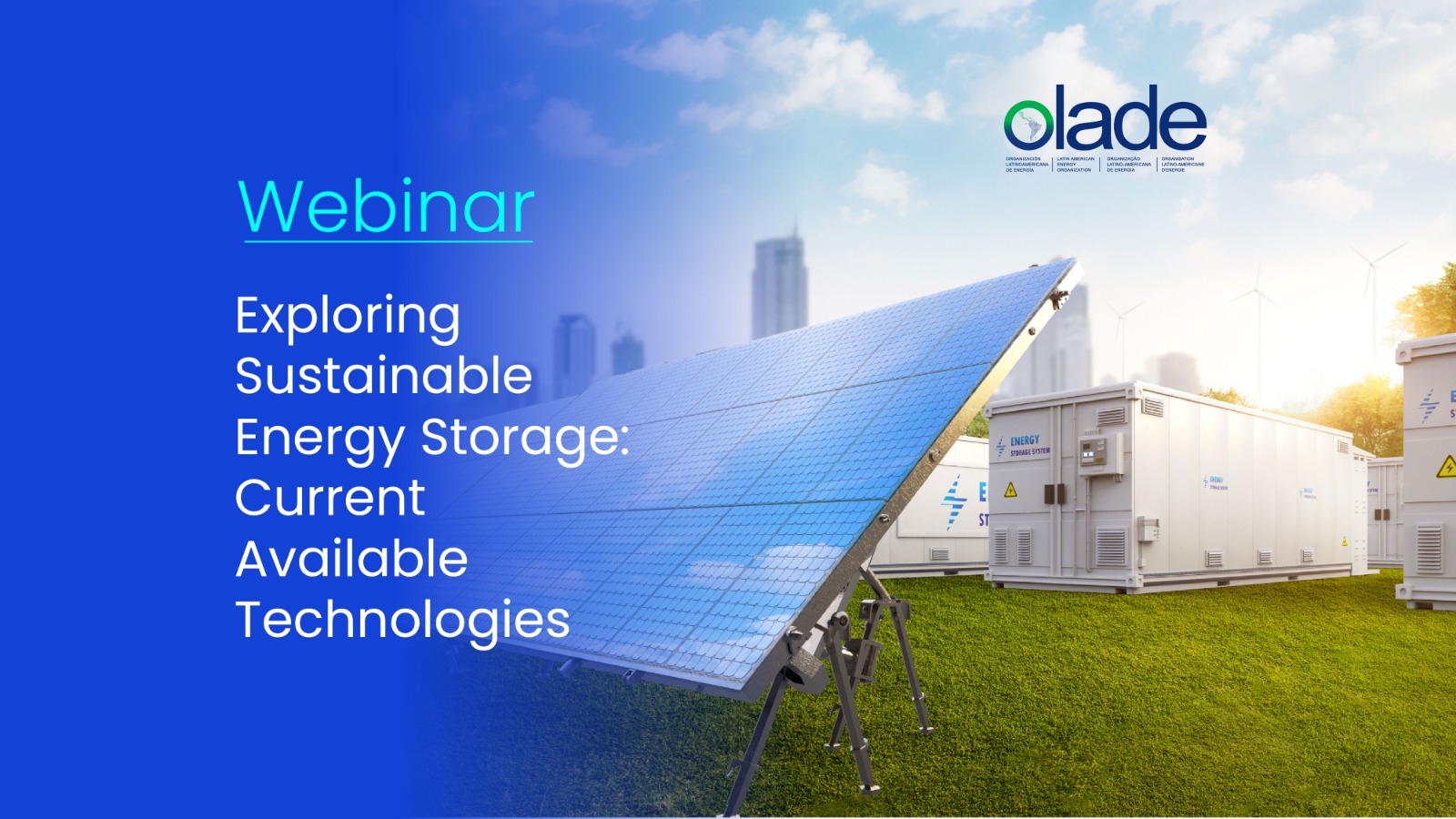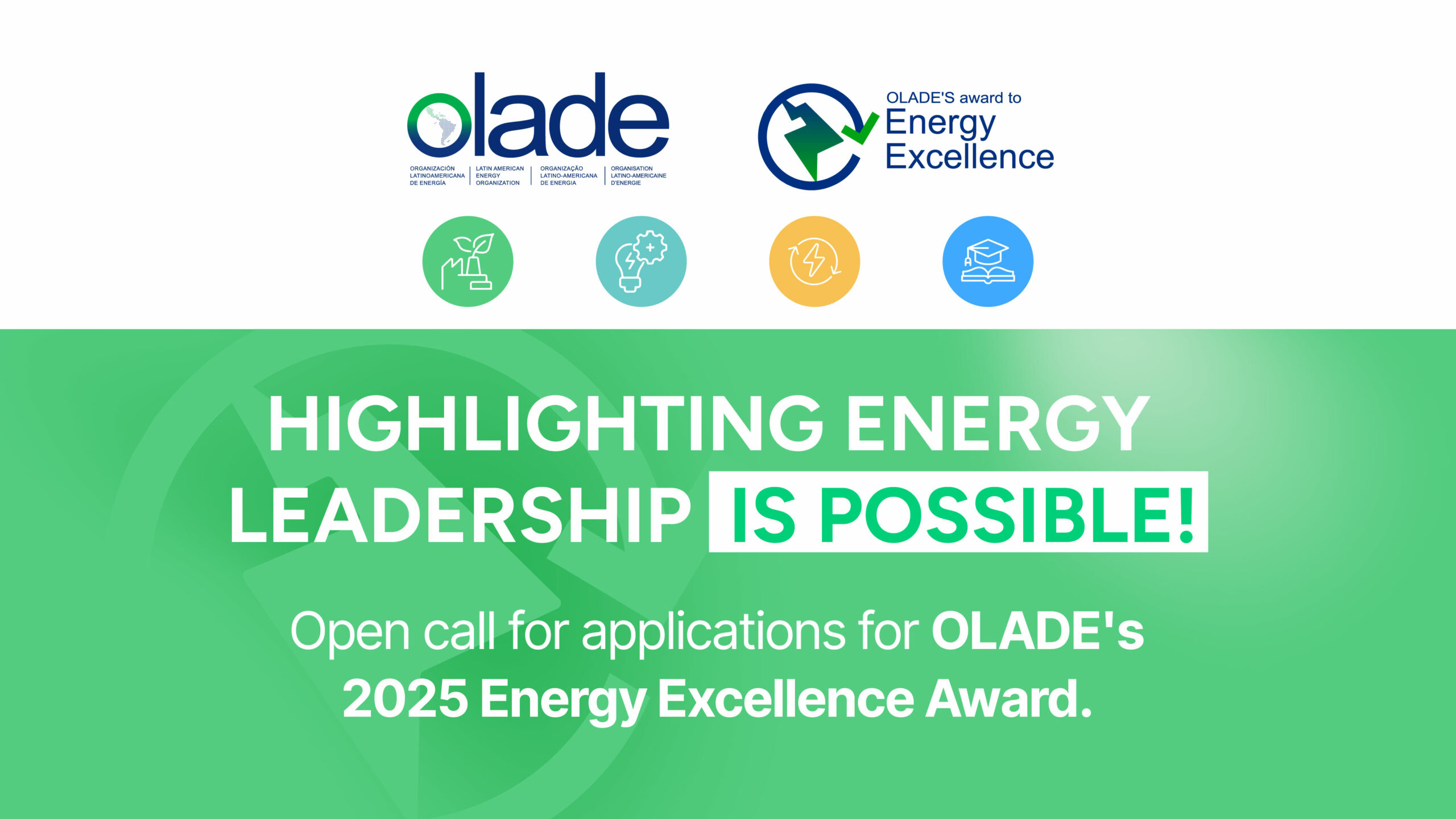The Latin American Energy Organization (Olade) with the support of the Inter-American Development Bank (IDB), as part of the “Program for Strengthening the Management and Dissemination of Energy Information for Sustainable Development in Latin America and the Caribbean”, carried out the “Workshop on Methodological Harmonization of Energy Statistics”, delivered in virtual modality from October 05 to 23, 2020.
The main focus of this activity was to train the officials of the Ministries of Energy of the Caribbean Member Countries, on the new methodology to be adopted by Olade for the management, compilation and processing of the most relevant information of the energy sector that the Organization requests, which is stored in the Energy Information System of Latin America and the Caribbean (sieLAC) and constitutes the main input for the preparation of the Regional Energy Outlook.
The workshop was attended by 21 specialists from the 8 countries that make up the subregion of Caribbean Member Countries: Barbados, Belize, Grenada, Guyana, Haiti, Jamaica, Suriname and Trinidad & Tobago. Those who received 9 sessions, by the consulting team of the Olade’s Studies, Projects and Information Directorate. The main topic was based on the new methodology that the Organization will implement as of next year, and is supported by international standards such as the International Recommendations for Energy Statistics (IRES) and the methodology implemented by the International Energy Agency, which provides homogeneous criteria and facilitates the comparison of results at the national, subregional and regional levels.
The topics discussed were focused on the methodology for the preparation of the national energy balance, mainly in the part corresponding to oil products and natural gas, coal, electricity and renewable energy sources.
Likewise, the management and processing of information regarding the calculation of Greenhouse Gas Emissions, based on the 2006 methodology of the Intergovernmental Panel on Climate Change (IPCC), Energy Infrastructure, Resources, Reserves and Potentials, Socioeconomics, Energy Prices, Indicators and JODI data (Joint Organizations Data Initiative) were explained.
This training is part of Olade’s comprehensive strategy in the field of energy statistics and is related to the “Caribbean Energy Statistics Capacity Enhancement Project” that Olade is developing with the support of the World Bank, whose objective is to develop National Energy Information Systems in 5 countries of the subregion.
The classes given during the training can be consulted at:
https://www.youtube.com/playlist?list=PLc6keKqKd1ixfy2SC0m0s2pGLlUTMzUMX
